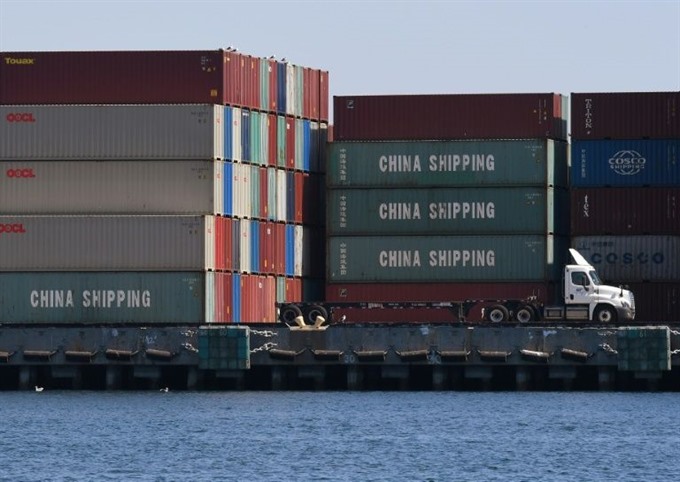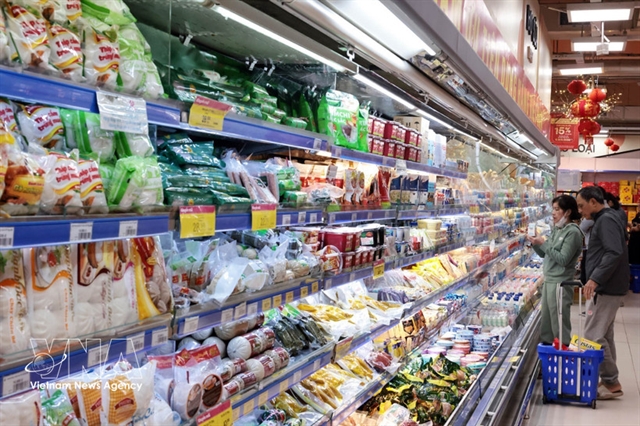 World
World

An all out trade war would slow the growth of the global economy, but not stop its expansion, with the United States and China also escaping a recession, according to forecasts published on Tuesday by the International Monetary Fund.
 |
| With trade growth set to slow sharply amid a trade war between the US and China, the IMF cut its outlook for global GDP by two-tenths to 3.7 per cent for 2018 and 2019. — AFP Photo |
PARIS — An all out trade war would slow the growth of the global economy, but not stop its expansion, with the United States and China also escaping a recession, according to forecasts published on Tuesday by the International Monetary Fund.
In its latest World Economic Outlook report, the IMF conducted a series of calculations of the impact from the trade tariffs that the administration of US President Donald Trump has already implemented and has threatened to impose, as well as reprisals from China and other nations.
Yet, even in its worst case scenario, the IMF found that the disruption won’t kill off growth and drag the global economy into recession.
The IMF’s baseline forecast for the global economy is 3.7 per cent growth in 2018, 2019 and 2020.
At the worst, which includes Trump pushing through with tariffs on all Chinese goods and on imports of cars and car parts that spark a round of reprisals, as well as denting confidence and provoking a negative market reaction, the impact would be less than one percentage point on global growth.
Thus the expansion of the global economy would be reduced to around 2.9 per cent both next year and in 2020.
The near-term impact of a full-fledged trade war on growth in China will be nearly double that of the United States, according to the IMF’s estimates.
With a 1.6 percentage point drop in growth in 2019, the expansion in China would slow from 6.2 percent in the baseline forecast to 4.6 percent, according to an IMF table.
Meanwhile, the United States would see a roughly 0.9 percentage point hit, damping growth from 2.5 per cent next year to 1.6 per cent.
The IMF only published country forecasts through 2019.
Japan would see its 2019 growth rate more than halved, from 0.9 per cent to 0.4 percent, under the worst case scenario.
The eurozone would see its growth rate drop from 1.9 per cent to 1.5 per cent.
Over the medium term, both the China and the United States would see a 0.6 percentage point impact on their economies.
For Japan it would be around 0.4 percentage points and 0.2 for the eurozone.
Over the longer term the impact to the US economy will be nearly one percentage point, while to China it will be half that.
While the damage from an all-out trade war wouldn’t be catastrophic, slow growth can also pose problems.
Growth of less than five per cent would be unprecedented for China since it began its economic reforms in the 1970s, and complicate its efforts to move towards a more balanced economy with a greater role for services.
For the eurozone, slow growth means less reductions in high unemployment rates in several countries and difficulty keeping on top of high debt levels, while Japan needs growth to ward off dangerous deflation.
The United States has already imposed tariffs on $250 billion of Chinese imports, about half the annual total, and has threatened to slap levies on the full amount.
Washington has also imposed tariffs on steel and aluminium, citing national security concerns, and has also warned it could impose a 25 percent levy on imported cars and car parts. — AFP




